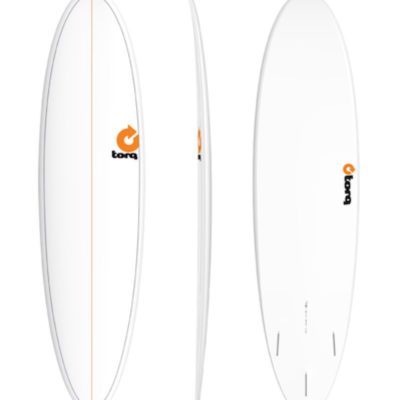Description
Greedy Beaver – Firewire Surfboards 6’6 – TimbertTEC
The Greedy Beaver has a real shortboard feel with a compressed longboard outline, a true crossover board with midlength retro glide and shortboard maneuverability. Put it on rail while engaging the single to double concave, step on the rounded pin and it surfs like a shortboard in the pocket. Or take advantage of the single to double concave and large planing surface to trim effortlessly over dead sections. The beveled rail reduces the overall thickness, adding performance including rapid direction changes.
Raise your wave count every session with the paddle power of the Greedy Beaver while turning on a dime as you thread your way through the pack.
TIMBERTEK represents a significant step forward towards the holy grail of any product designed and manufactured in today’s environmentally conscious world. While by no means sustainably built, Firewire’s TIMBERTEK has by far one of the least toxic and smallest carbon footprints of any commercially available surfboard today.
The combination of a lightweight EPS core, sustainably-grown Paulownia wood deck skins, Firewire’s proprietary parabolic rail construction, and an Entropy bio-resin hot coat yield an extremely lightweight, durable surfboard with ALL of the high performance flex characteristics of Firewire’s existing technologies.
Even more impressive, the physical properties of the raw materials involved have allowed us to reduce exterior lamination significantly, furthering the reduction of the board’s carbon footprint. Or as we like to describe TIMBERTEK, it’s simply High Performance Art.
PAULOWNIA WOOD DECKSKIN
Paulownia wood is extremely fast growing; up to 20 feet in one year when young. Some species of plantation Paulownia can be harvested for saw timber in as little as five years. Once the trees are harvested, they regenerate from their existing root systems, earning the name of the “Phoenix tree.”






